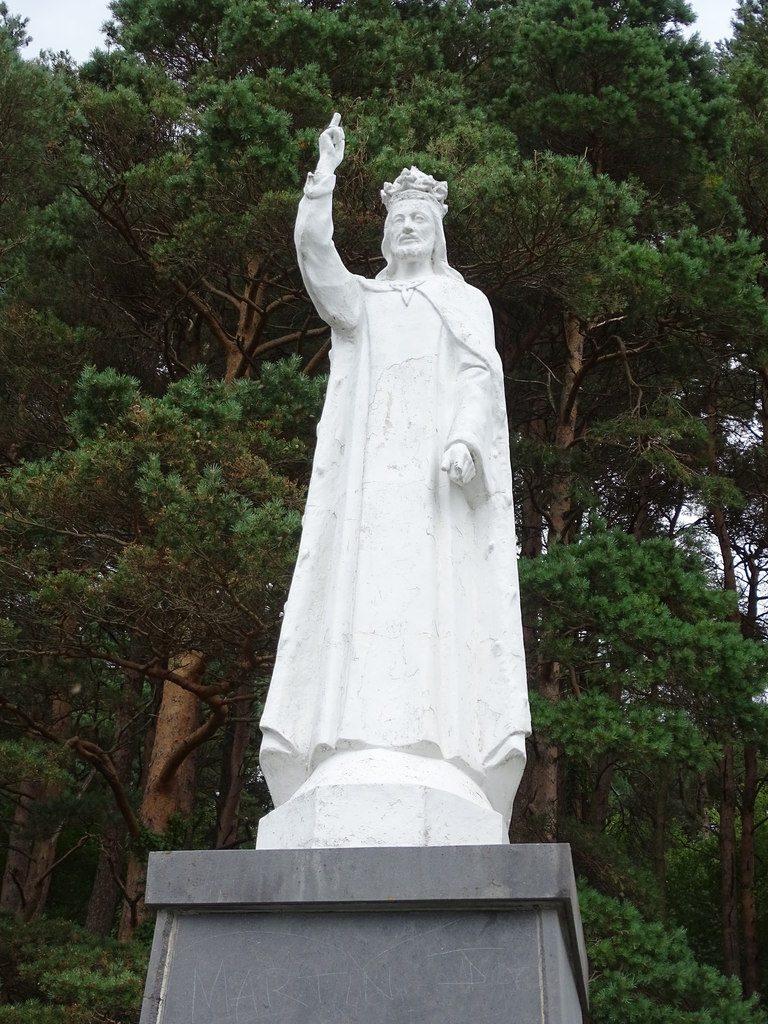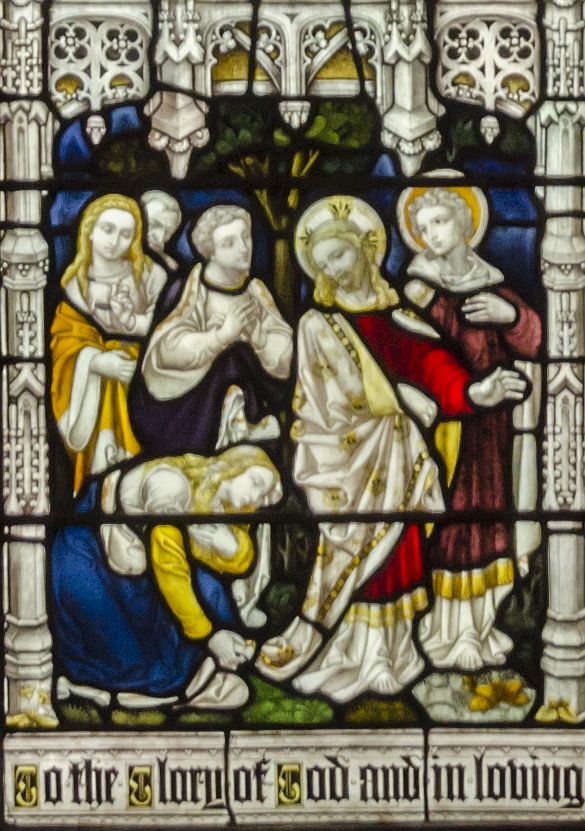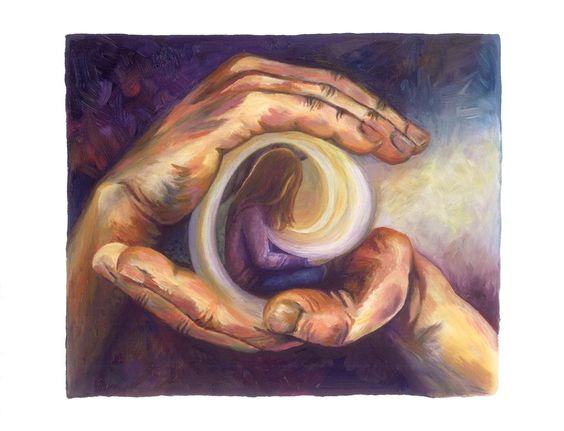Today’s hymn from Sing Praise is ‘O Changeless Christ, forever new’ by Timothy Dudley-Smith. Unusually for one of his hymns it is set to an old (early 19th century) tune.
The changelessness of Christ is invoked in the first verse to ‘draw our hearts as once you drew the hearts of other days’ and in the last to ‘bring us home, to taste at last the timeless joys of heaven’. Other verses ask him to teach us as he taught the people of his own day, still troubled hearts as he stilled the storm, heal today as he did then, and to make himself known in the bread and wine of Communion.
While there is truth in saying that Christ is changeless, that can all too often be used as an excuse to resist change in the Church. The ways that the ‘Early Church’ (or for that matter the Church of 17th century England) taught and worshipped don’t have to remain unchanged. The often-asked question ‘What would Jesus do?’ appeals to the changeless elements of his teaching (love God, love your neighbour, bring hope and healing in his name) but should not be used to oppose those who seek change in patterns of worship or more acceptance of people whose lifestyles diverge from what is seen as the Christian ideal. We have to work out the application of Scripture in our own generation while not losing sight of the core of the Gospel message.




